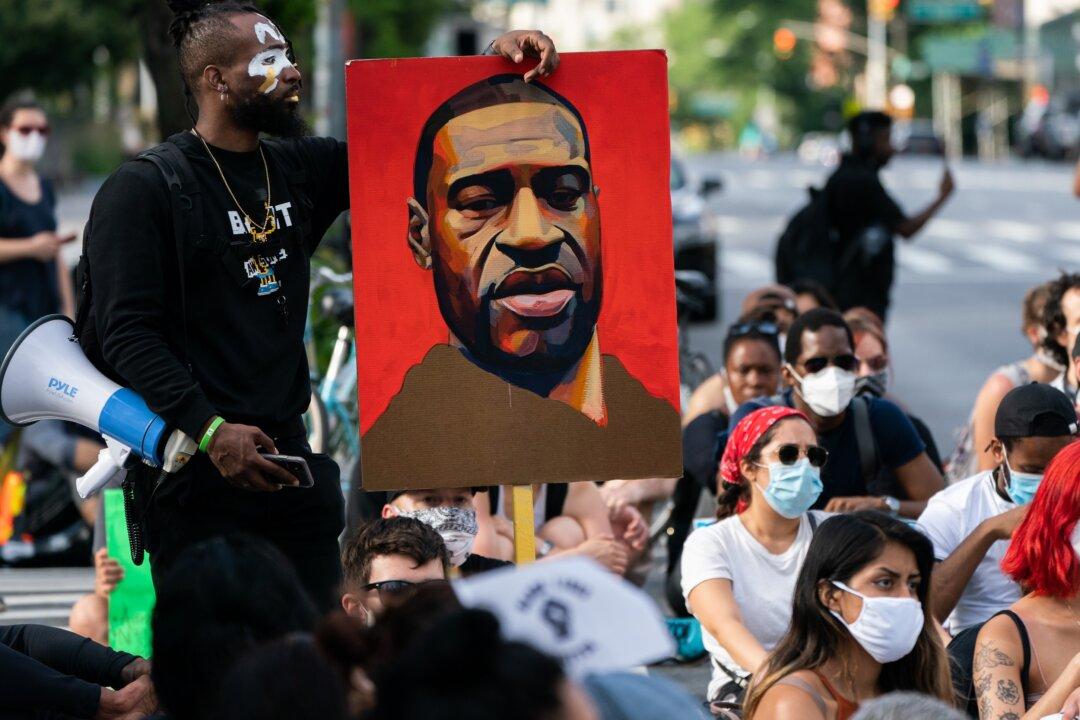Prosecutors in the case against four Minneapolis police officers involved in the death of George Floyd requested this week that the trial be delayed by three months citing concerns related to the CCP (Chinese Communist Party) virus pandemic.
March 8 has been the date set for the trial to start before Hennepin County District Judge Peter Cahill for the four now-fired police officers charged in the death of Floyd on May 25 while he was forcibly detained on a south Minneapolis street corner.




